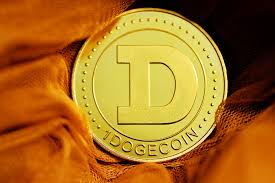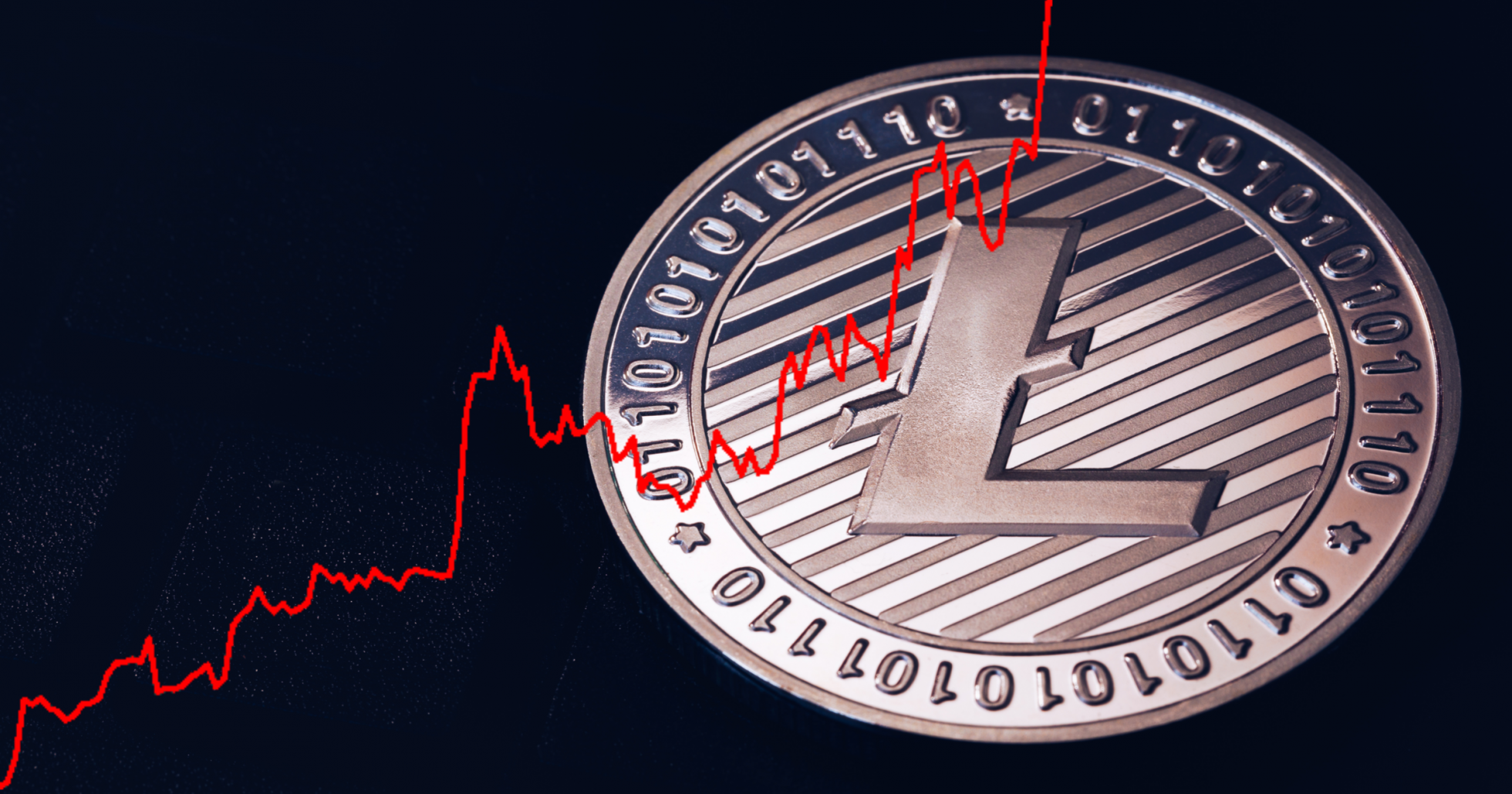It would be fair to admit that after 2022 and everything we’ve been through, any predictions for the future is likely to be blindfolded. Meanwhile, we can say that humanity can learn a lot from its past mistakes and will move forward, correcting them. Undoubtedly, the main driver of development in 2020 was the outbreak of COVID-19. The impact of the ongoing global pandemic on all aspects of life will shape the future, and some trends that started last year are likely to continue into 2023.

Blockchain in healthcare
COVID-19 has highlighted an urgent need for new solutions in cost efficiency and transparency, especially in the healthcare sector. Further deployment of blockchain solutions will strengthen healthcare systems, if not revolutionize them. Despite promises to preserve citizens’ data during a global pandemic, blockchain-based solutions storing COVID-19 data are of serious concern as they do not appear to be confidential. While the potential for such new technologies is promising, balancing privacy with appropriate solutions for those in the industry should be a priority.
Blockchain in the financial sector
The pandemic has also had a significant impact on the financial sector. On the one hand, in 2020, governments around the world have made great strides in developing digital currencies by central banks. As CBDC approaches, there are rightly serious privacy concerns in the crypto community as the technology represents another step towards a more centralized financial system. On the other hand, people were looking for alternative and decentralized solutions that have led to the unprecedented growth of the decentralized financial sector in 2020 year. Both trends will certainly remain central to 2023.
Amid the new coronavirus pandemic, world governments have started printing money. By doing this, they raised new concerns about the health of the financial sector and turned people towards cryptocurrencies. As a result, Bitcoin has established itself as a defense against inflation, and its position as a store of value has strengthened.
Serious institutional investors, hedge funds, and other seasoned financial players like Grayscale Bitcoin Trust, MicroStrategy, Square and PayPal, and others have entered the crypto world. This trend is likely to continue in 2023. As more major investors and service providers join the industry, the real usefulness of digital assets will further drive the massive adoption of cryptocurrency around the world, which in turn will drive cryptocurrency philanthropy and philanthropy.
Blockchain in ecology
Last but not least is the potential of blockchain in our efforts to combat climate change and global warming. Environmentally conscious blockchain technology will be critical to the future, from sustainable digital finance and carbon emissions to green crypto mining and transparent fuel use. As we enter the third decade of the 21st century, achieving the United Nations Sustainable Development Goals without blockchain seems impossible.
What do blockchain industry leaders say about what’s in store for Blockchain for the future
Let’s see what famous people in the blockchain field have to say about what 2023 will bring for the development of the crypto world and blockchain.
Brian Belendorf
Hyperledger CEO, Brian Belendorf suspects volatility will continue to be the defining trait of cryptocurrency. He also believes that the use of blockchain, distributed ledger, and smart contract tools will continue to grow in 2023.
Brian Brooks
Brian Brooks, Acting Comptroller of Currency, US Financial Control
is sure cryptocurrency is to banking what the Internet is to libraries. Just as the Internet existed for ten years before 1995, its rapid adoption became possible only after it became available to everyone, not just programmers. In 2023, Brian Brooks expects to see the beginning of the same transition for cryptocurrency. He thinks the world is approaching a critical mass for wider acceptance of cryptocurrency as a tool for everyone, not just Silicon Valley. Such acceptance is certainly not guaranteed. Crypto developers, exchange operators, and others must focus on addressing anti-money laundering compliance, fraud detection and prevention, and a host of other things that need to end if the industry is to operate on a large scale.
Charles Hoskinson
Charles Hoskinson, founder, and CEO of IOHK believes blockchain is at a critical juncture. To deliver on the technology’s lofty promises and achieve widespread adoption, he believes the industry needs to learn to work together. 2023 will be a critical test for this. If companies can prioritize finding ways to interact, knowing that the industry will benefit from a rich ecosystem of partners who work seamlessly together for the end-user, then there is nothing to stop people from replacing global operating systems with solutions that are better and fairer for everyone involved.
According to Charles Hoskinson, the world will be able to see an unprecedented proliferation of blockchains in 2021. Growth rates in developing countries are often constrained by the lack of basic infrastructure. However, this could start to work in their favor. Blockchain’s flexibility means it can scale to serve an entire population without the need for existing infrastructure. After a record year in blockchain development, the technology is finally mature enough to be implemented.
Da Hongfei
Da Hongfei, the founder of NEO, founder, and CEO of Onchain believes that 2023 could be the year that blockchain goes mainstream. Bitcoin has already proven its value for major investors in 2022, and DeFi projects have confirmed the transformational power of blockchain. Moreover, the COVID-19 pandemic has highlighted various flaws in today’s global system and an urgent need for additional blockchain-based solutions to overcome current limitations.
In 2023, Da Hongfei thinks that the mentioned trends will only continue to accelerate as large institutions increasingly adopt blockchain technology.











